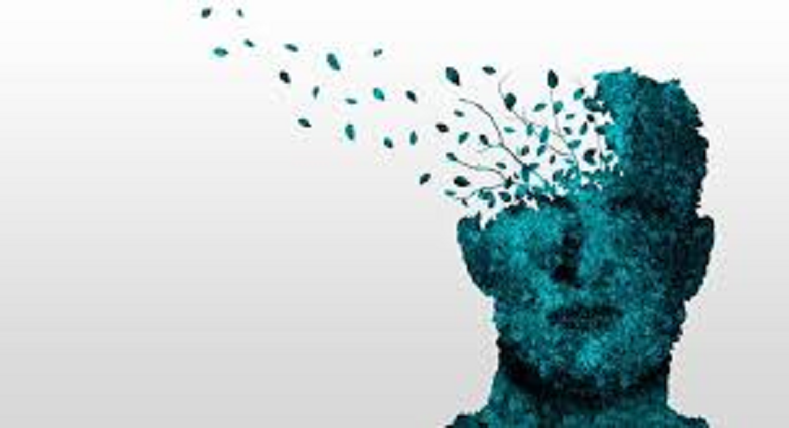Dementia: Lack of sleep can age the brain, increasing the risk of dementia; research reveals
- bySherya
- 03 Oct, 2025

Dementia: Lack of sleep is a major cause of premature brain aging. Research has shown that not getting enough sleep increases chronic inflammation in the body.

Dementia: As we age, our brains also begin to weaken. Memory, focus, and problem-solving abilities are affected by aging. This is considered a natural part of aging, but poor lifestyle habits can cause premature aging.
Experts warn that a lack of sleep can increase the risk of serious diseases like dementia in the long term. So, today, we'll explain how our brains are aging prematurely.
Lack of sleep is the biggest cause.
A recent study revealed that lack of sleep is a major cause of premature brain aging. Sleep provides the brain with the opportunity to protect and repair itself. Not getting adequate or adequate sleep increases chronic inflammation in the body, which directly affects brain cells, i.e., neurons. Prolonged poor sleep damages brain cells and accelerates brain aging. Research
A study examining brain aging examined over 27,000 people and estimated their brain age through brain scans. In this study, people who slept neither too little nor too much were found to have brains approximately 0.6 years older than their actual age. Those who never slept enough were found to have brains approximately 1 year older than their actual age. Furthermore, researchers also developed a sleep score. Each decrease in this score increases brain age by approximately half a year.
Experts' advice:
Based on this research, experts say that getting good and regular sleep is the most effective way to keep the brain young. Ignoring sleep problems can increase the risk of serious mental illnesses in the future. Experts also suggest that to get good sleep, develop the habit of going to bed and waking up at the same time every day. Also, reduce the use of mobile phones, TVs, and laptops at least an hour before bedtime, and avoid eating or drinking anything containing caffeine at night. Additionally, engage in light exercise, yoga, or meditation to reduce daytime fatigue and stress.





